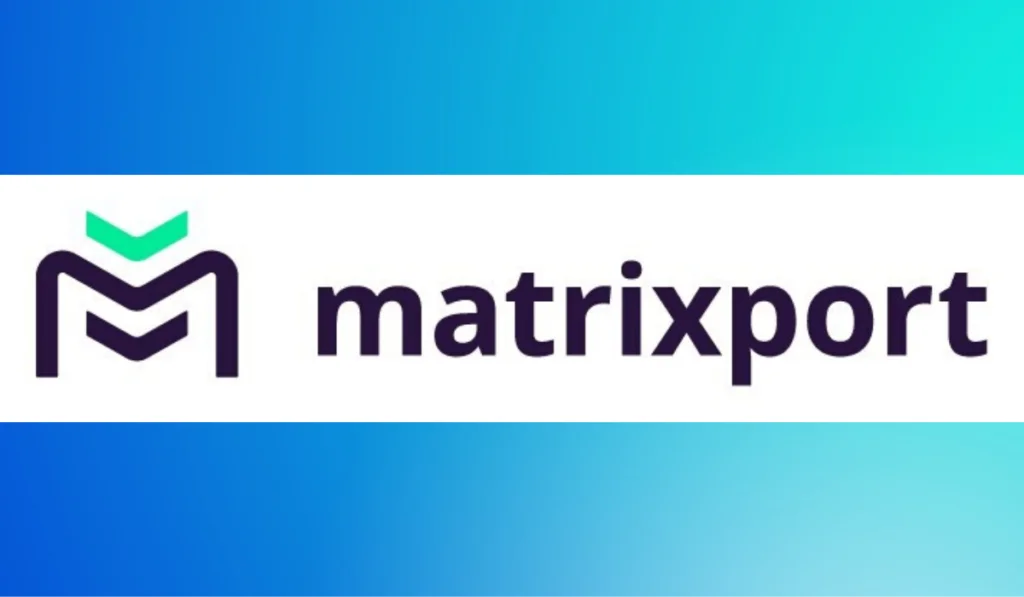Matrixport, a leading crypto company, has applied for a virtual asset trading license from the Hong Kong securities regulator as part of its efforts to comply with the new regulatory framework for digital assets.

On February 26, the company applied for a virtual asset trading license to the Hong Kong Securities and Futures Commission (SFC). This move demonstrates Matrixport’s commitment to adhering to regulatory standards, which are crucial for fostering trust and stability within the burgeoning digital asset market.
Matrixport’s application comes amidst a flurry of similar endeavors within the cryptocurrency sphere.
A virtual asset trading license is required for any company that wants to offer such services in Hong Kong, according to the new regulatory framework for digital assets that was introduced by the SFC last year.
The new regulatory framework aims to enhance the digital asset industry’s oversight and accountability and protect the interests of investors and consumers. The framework covers various aspects of digital asset activities, such as licensing, anti-money laundering, investor protection, and market integrity.
At present, 21 companies have applied for a VA trading license in Hong Kong. Among them are Crypto.com, Bixin, HKVAX, DFX Labs, Bullish, WhaleFin.
HTX (previously Huobi Global), resubmitted its application after initially withdrawing on Feb. 23. Additionally, two other firms, AMMBR and BitHarbour, had withdrawn their applications earlier.
The Importance of Regulatory Compliance for Crypto Companies
For entities operating within the digital asset space, compliance with regulatory requirements is not merely a choice but a necessity. Failure to adhere to licensing regulations can have severe repercussions, ranging from fines to imprisonment.
Furthermore, unlicensed crypto exchanges risk facing criminal charges for actively promoting services through influencers and over-the-counter virtual asset money changers, as exemplified by the case of JPEX.
JPEX, a Hong Kong-based crypto exchange, was recently charged by the SFC for operating without a license and soliciting customers through social media influencers and online platforms. JPEX allegedly offered trading services for various virtual assets, including Bitcoin, Ethereum, and Tether, without obtaining a virtual asset trading license from the SFC.
The exchange’s case is a stark reminder of the risks and consequences of non-compliance with the regulatory framework for digital assets in Hong Kong.
The Future of Matrixport and the Crypto Industry in Hong Kong
Matrixport’s foray into regulatory compliance comes on the heels of notable market predictions and trends. Earlier this year, the company accurately forecasted Bitcoin’s surge to $50,000 following the SEC’s approval of Bitcoin Spot ETFs.
Matrixport also offers a range of innovative products and services for the crypto industry, such as custody, lending, trading, and asset management.
By applying for a virtual asset trading license, Matrixport is positioning itself as a leader and a pioneer in the crypto industry in Hong Kong. Matrixport is also demonstrating its vision and ambition to create a more secure, transparent, and efficient digital asset ecosystem for its customers and partners.
Matrixport’s application is currently under review by the SFC and is expected to be processed within six months. If approved, Matrixport will join the ranks of the licensed crypto platforms in Hong Kong, and it will be able to offer its trading services to the public with more confidence and credibility.
